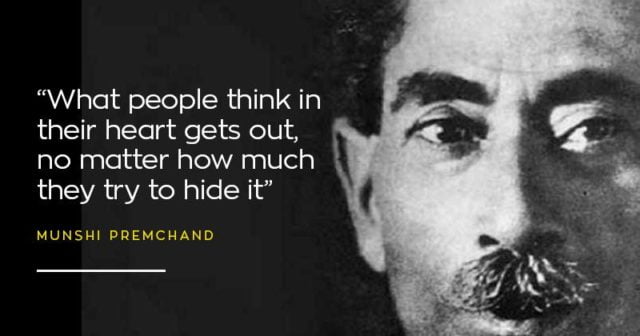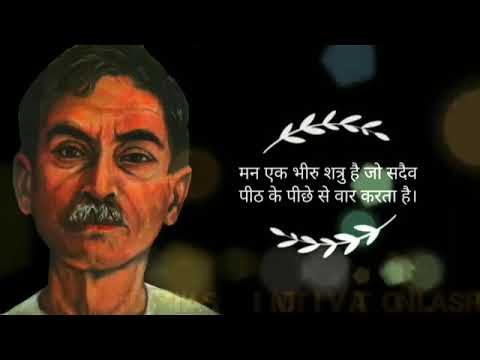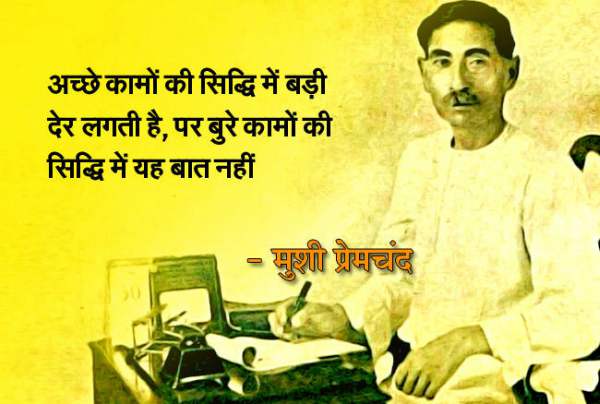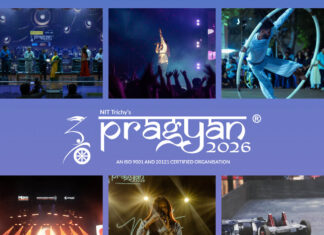8th October 1936:
October, with its retreating summer heat and welcoming gusts of slightly chilly winter winds, seems to be the perfect month for a poet or a storyteller to pen down a masterpiece.
But alas! The greatest storyteller of our generation breathed his last today morning. Our beloved writer left for his eternal journey, after having given us the precious treasure of his excellent writings.
Mourners, comprising of legendary writers, as well as common people, flood his residence to have one last glimpse of him. Everyone around has some or the other tale from his life that serves to add feathers to his glory.
Just a few minutes ago, his wife narrated to me a very touching and inspiring incident from his life.
This is from the time that he was the sub-inspector of the Department of Education. Once the inspector visited his school for inspection. Premchand showed him the school and attended him very well.
But the next day when Premchand was at his house and the inspector’s car passed from in front of his home, Premchand didn’t get up to greet him. Offended, the inspector called for him and asked why he disrespected him by not greeting him.
Premchand confidently replied, “I am a slave at my school, but I am the king when at my house.”
Losing such a wonderful writer and an earthly individual would be a terrible loss to the upcoming generations and to Hindi literature as a whole!
Post Scriptum:
It offends me immensely when I ask people if they are into reading Hindi or Hindustani (Hindi and Urdu) literature and they reply with scrunched nose and reply with contempt, “Hindi is so outdated” or, “Ugh! Who even reads Hindi today?!”
To me, Hindi literature has always been soulful and appealing in a way that English can never be. And the reason I eulogise Hindi language is to remember one of the most remarkable authors of Hindi language, Munshi Premchand, whose 83rd death anniversary we mark today.

Premchand’s name was Dhanpat Rai Shrivastav. He adopted the pen-name Premchand later in life and published most of his works under this name. Also, the prefix ‘Munshi’ was given to him as a mark of honour.

Premchand grew up in the pre-independence era and was a witness and active participant in the freedom struggle. His first collection of stories ‘Soz-e-Watan’ invited considerable wrath from the British government.
He was a commendable writer who wrote a dozen novels, 250 short stories and several essays as well as translated many foreign works into Hindi.
Also Read: Back In Time: 11 Years Ago, Hollywood Legend Heath Ledger Passed Away
It would be a shame on us to label Premchand as any other writer, let alone ‘any-other-Hindi-writer’. His works bear a profoundness that appealed to the masses 8 decades ago and yet haven’t lost their literary and aesthetic value.
I remember reading a couple of Premchand’s stories as a child. My recollections tell me that I was left stunned and speechless for a whole 5-6 minutes, owing to the hard-hitting nature of the stories. And that thing remains the same till date.

His writings lay bare the unfortunate prevailing evils and wrongs in society. From the harrowing effect of caste-system to the pathetic condition of the poor to the oppression of lower classes by the upper classes – name it and Premchand has it written down already.
His classic novel ‘Godan’ is one almost everybody has at least heart about. Some of his most moving stories include – ‘Sadgati’, ‘Qafan’, ‘Idgah’, ‘Poos ki Raat’ among several others.
This great writer’s works have never gone out of fashion and nor will they do in the near future. The very fact that we read his works today, is enough to testify their significance and relevance even in the current-day ‘modern’ and ‘progressive’ world.
Image Sources: Google Images
Sources: NDTV India, Bharat Darshan, Navbharat Times
Connect With Blogger At: @Rhetorician_rc
Other Recommendations:

































